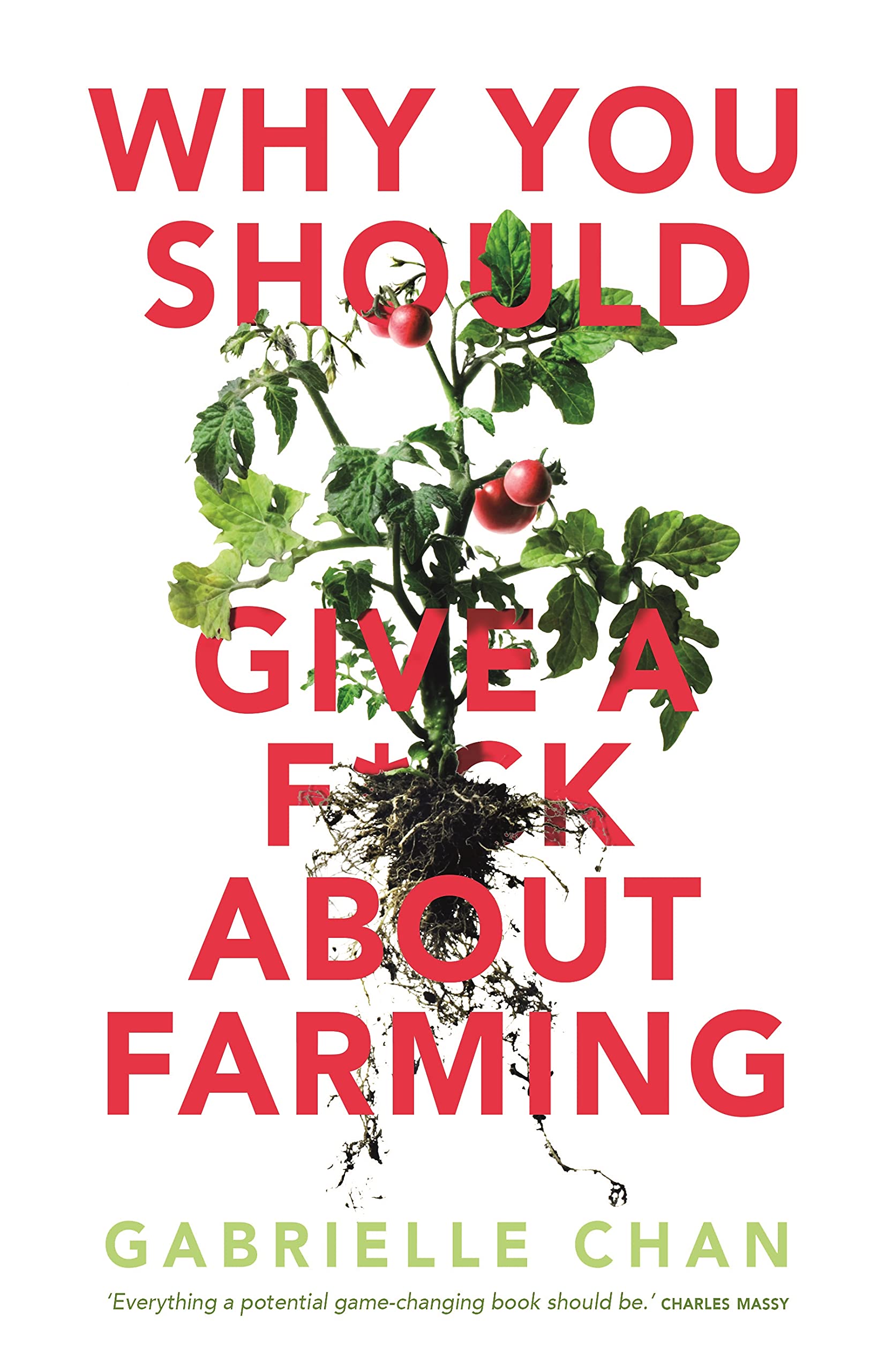What do you think?
Rate this book


338 pages, Kindle Edition
Published August 31, 2021
Eaters will be the ultimate arbiter of where and how food is grown and how the land is cared for...
The sheer specialness of our environment which might swell the chest with nationalist pride if it were a sporting team or an opera house, is hard to comprehend.